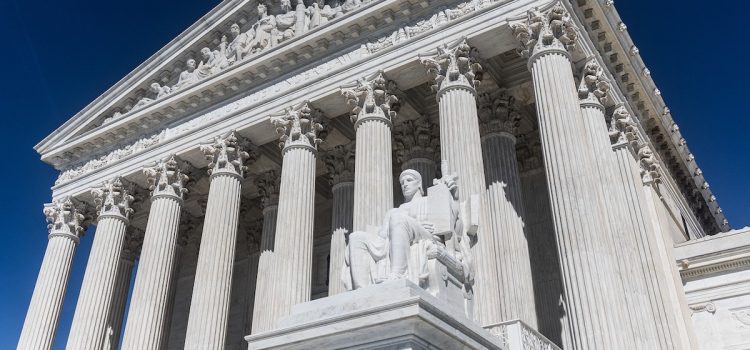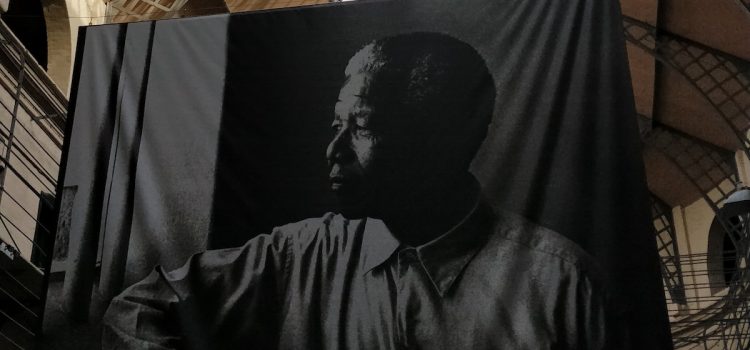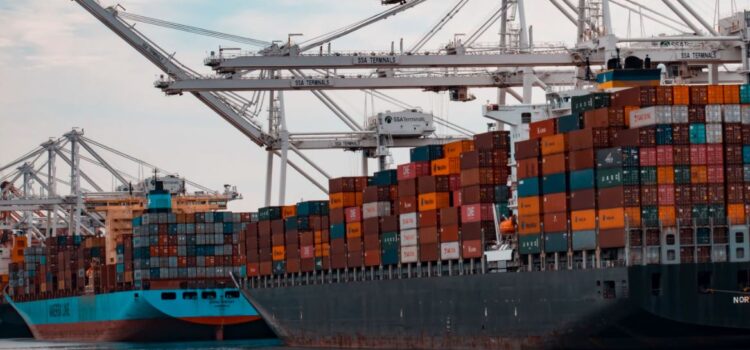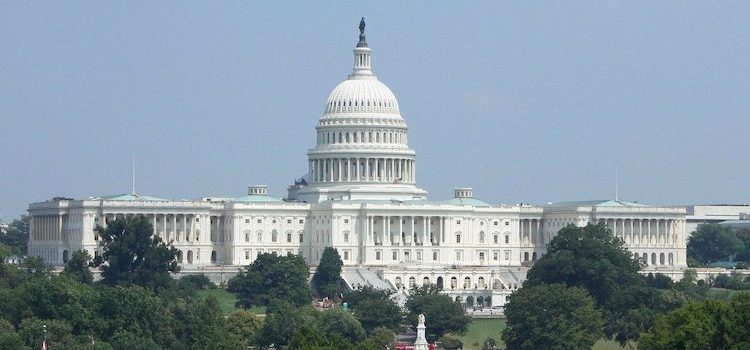Why is mass incarceration in the U.S. a big problem? Who’s the most susceptible to being incarcerated in America? In Just Mercy, Bryan Stevenson finds that the U.S. justice system consistently doles out extreme punishments to the most vulnerable Americans. He discusses four demographics that are susceptible to unjust punishments: children, the intellectually disabled and mentally ill, veterans, and women. Find out why these groups of people are more likely to be victims of the corrupt justice system.
Mass Incarceration in the U.S.: The 4 Main Demographics










